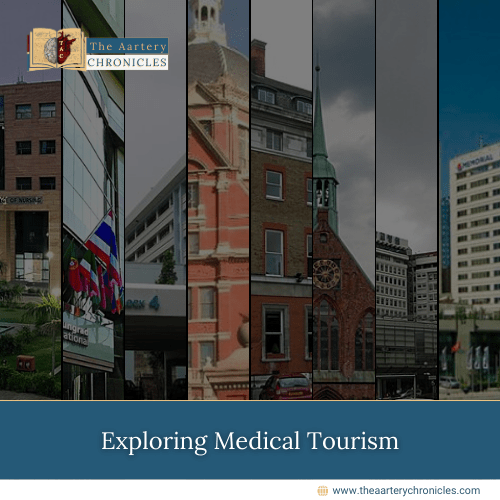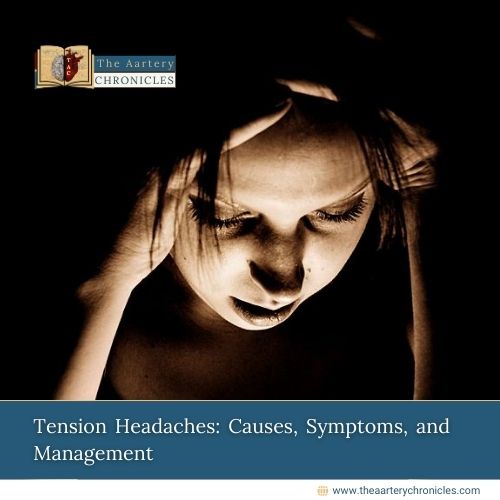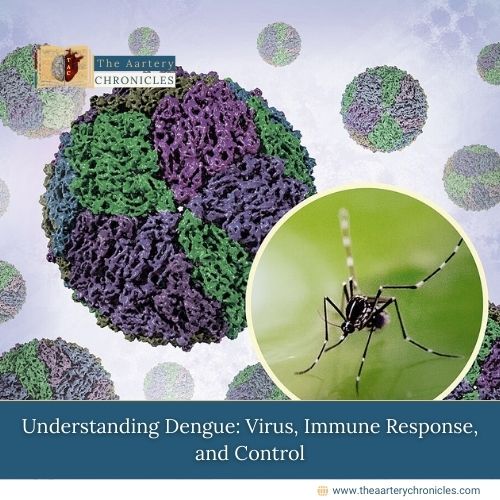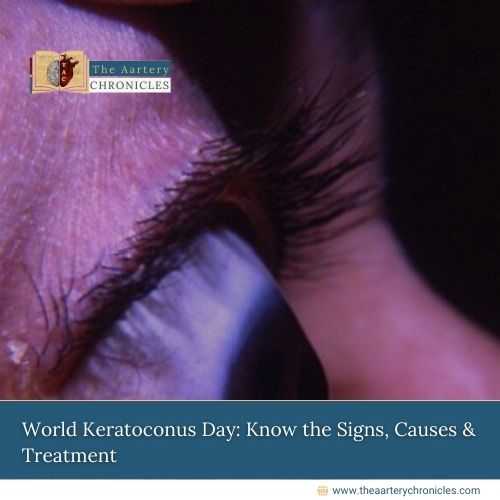

Women on Night Shifts Face Shocking Health Risk
In today’s fast-paced world, working odd hours is becoming more common, especially for women. While night shifts may offer financial and career benefits, they may also bring unexpected health risks. According to a recent study, women who work night shifts are significantly more likely to develop asthma than those who work regular daytime hours.
What the Study Reveals
Researchers from the University of Manchester, UK, examined health data from over 270,000 working adults. Their findings, published in the ERJ Open Research journal, show that women working permanent night shifts are around 50% more likely to have moderate to severe asthma than women working only during the day.
Interestingly, the study found no similar link between night shifts and asthma in men.
Why Are Women More Affected?
According to lead researcher Dr. Robert Maidstone, asthma tends to affect women more severely than men. Women also have higher rates of asthma-related hospital admissions and deaths.
“Our earlier studies already showed a link between night shifts and asthma. This time, we wanted to explore whether gender played a role,” said Dr. Maidstone.
He added that shift work may interfere with the body’s internal clock, also known as the circadian rhythm. Disruption of this rhythm can impact hormone levels, especially testosterone and estrogen. Since testosterone may protect against asthma, women who naturally have lower testosterone levels could be more vulnerable when their hormonal balance is disturbed by irregular work hours.
Key Findings in Numbers
Using data from the UK Biobank, researchers analyzed 274,541 working individuals. Here’s what they found:
- 5.3% of participants had asthma.
- 1.9% had moderate to severe asthma (i.e., using a preventer inhaler plus other treatments like oral steroids).
- Women working only night shifts had a 50% higher risk of developing moderate to severe asthma.
- The risk was almost doubled in postmenopausal women not using hormone replacement therapy (HRT).
Could Hormone Therapy Help?
An unexpected finding from the study was the role of hormone replacement therapy (HRT). Postmenopausal women who worked night shifts but did not take HRT faced a much higher risk of asthma than their daytime counterparts. This suggests HRT might offer some protection, although more research is needed to confirm this theory.
“Our results suggest that HRT may reduce asthma risk in night shift workers,” Dr. Maidstone noted. “But we need further studies to prove this in real-world conditions.”
What Experts Are Saying
Professor Florence Schleich, a respiratory expert from the European Respiratory Society, who was not involved in the study, commented:
“Asthma is a serious, lifelong condition that impacts millions. This research adds an important piece to the puzzle night shifts might be a risk factor for asthma in women, but not in men. Since many people can’t easily change their work hours, we need more research to understand why this happens and how to reduce the risk.”
Conclusion
This study highlights the need to look deeper into how shift work affects women’s health, especially when it comes to chronic conditions like asthma. While it’s not always possible to avoid night shifts, understanding these risks can help women and healthcare professionals take early action.
For now, women working night shifts especially those nearing or past menopause should be aware of these risks and discuss preventive steps with their doctors. Simple actions like regular health checkups, managing sleep routines, and considering hormonal health could make a big difference.
Source: Inputs from various media Sources

Priya Bairagi
Reviewed by Dr Aarti Nehra (MBBS, MMST)
I’m a pharmacist with a strong background in health sciences. I hold a BSc from Delhi University and a pharmacy degree from PDM University. I write articles and daily health news while interviewing doctors to bring you the latest insights. In my free time, you’ll find me at the gym or lost in a sci-fi novel.








